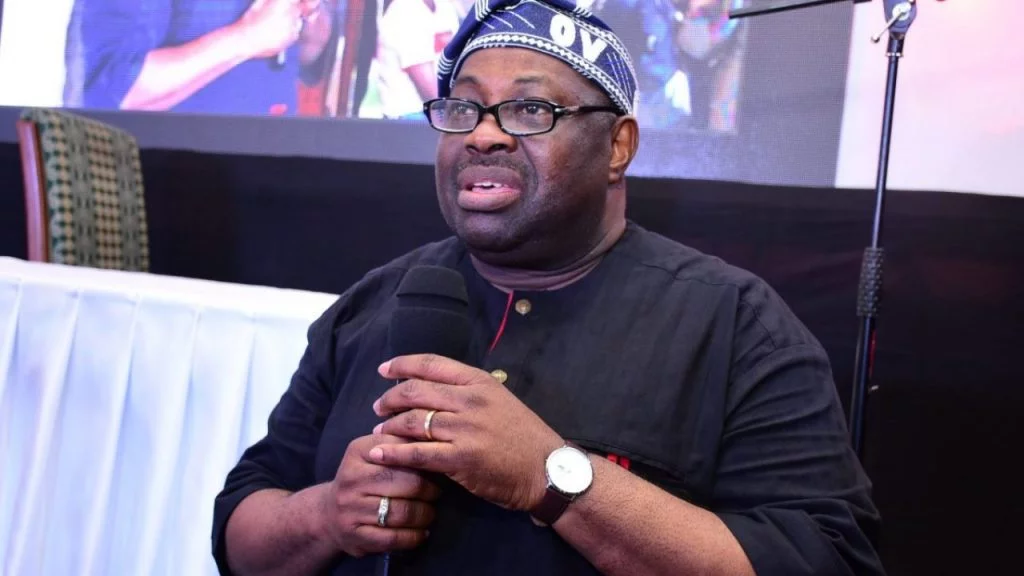Tinubu’s Economic Reforms Attract $70m Investment in Nigeria’s Palm Oil Sector
In a significant boost to Nigeria’s economy, Singaporean company Wilmar International has announced a $70 million investment in the country’s palm oil sector.
The company has acquired all shares of PZ Cussons in a palm oil venture in Cross River State and has also acquired 8,500 hectares of old rubber plantations to grow crops that will produce edible oil.
According to Santosh Pillai, CEO of Wilmar’s African unit, the company is investing in Nigeria due to the policy changes implemented by President Bola Tinubu, which have stabilized the naira and improved access to foreign exchange.
“The landscape is beginning to shift,” Pillai said. “Policy changes, particularly greater stability in the naira and improved access to foreign exchange — are creating a more viable environment for long-term investment. Wilmar remains committed to driving sustainable growth in Nigeria’s palm oil sector.”
The investment is a vote of confidence in President Tinubu’s economic reforms, which have aimed to revive economic growth and improve government finances. Nigeria’s foreign exchange reserves have increased, inflation has moderated, and the naira has stabilized, making it an attractive destination for foreign investors.
Wilmar’s investment will focus on supplying the local market with edible oil, which is used to cook a variety of dishes, including jollof rice and yam porridge. Nigeria has a palm oil supply gap of 1.25 million tons annually, and Wilmar aims to increase production by replanting old plantations with high-yielding seedlings.
The company’s investment is also expected to create jobs and stimulate economic growth in the region. With a population of over 200 million people, Nigeria is a significant market for palm oil, and Wilmar’s investment is expected to help meet the growing demand for the commodity.
The investment is a testament to the effectiveness of President Tinubu’s economic reforms, which have aimed to create a more business-friendly environment and attract foreign investment.
The reforms have included devaluing the currency, allowing it to trade more freely, and scrapping fuel subsidies, which have helped to boost revenue and stabilize the economy.
Moody’s, a leading credit rating agency, has also taken notice of Nigeria’s improving economic outlook, upgrading the country’s foreign currency debt rating to B3, six notches below investment grade, from Caa1, and changing the outlook to stable.
Overall, Wilmar’s $70 million investment in Nigeria’s palm oil sector is a significant boost to the country’s economy and a vote of confidence in President Tinubu’s economic reforms.
It is expected to create jobs, stimulate economic growth, and help meet the growing demand for palm oil in the region.







